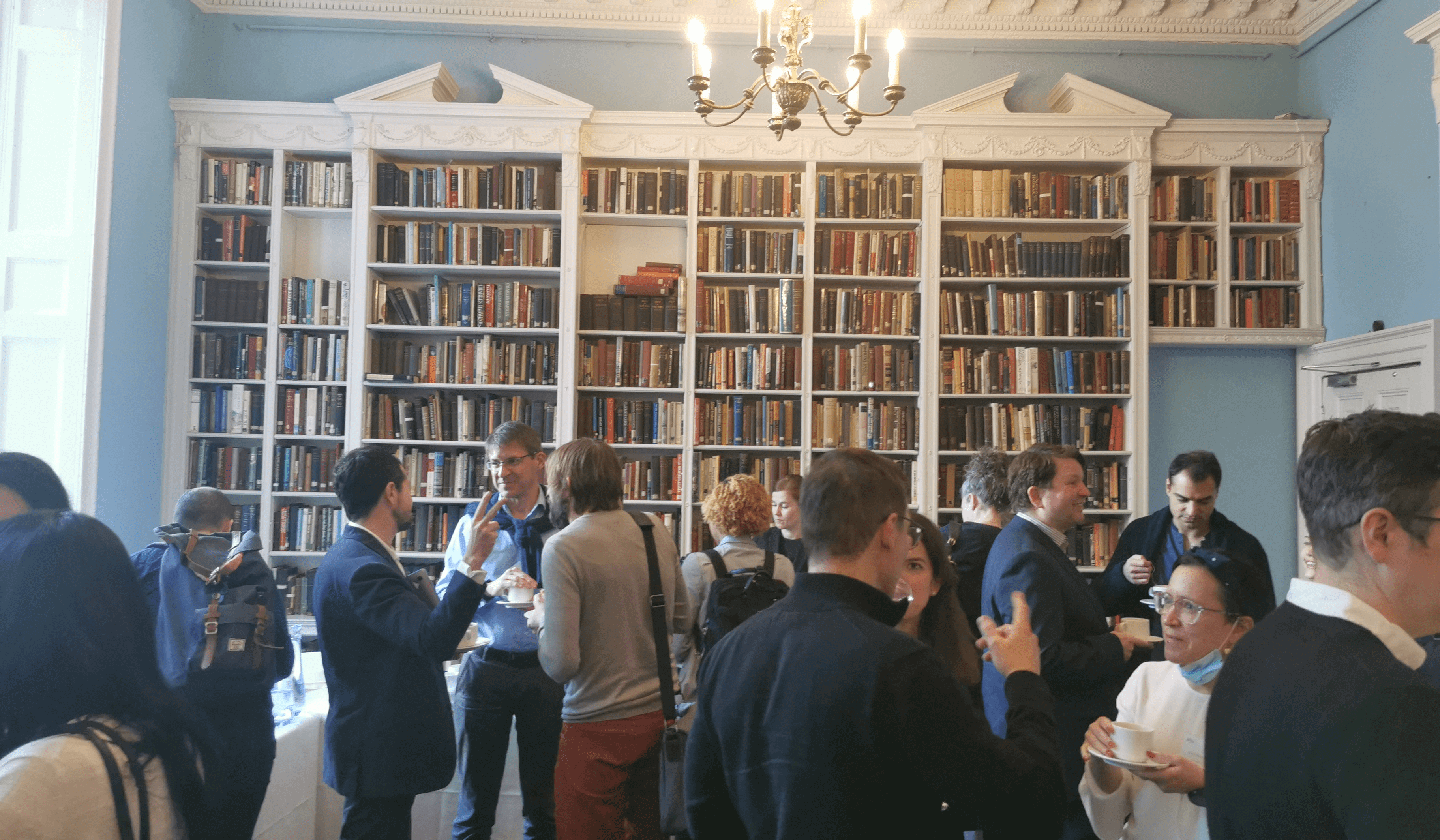14.03.2024 | Published by bit.bio
Blog
Back to blogs

14.03.2024 | Published by bit.bio

This week is Healthcare Science Week which got me thinking about how we actually do science. What makes it a success? And one of the key ingredients I came up with again and again was collaboration. We need to challenge each other. We need to learn from each other. We need to lend each other our expertise.
bit.bio is a deep tech company in the biology space. We have built a platform that can recreate every human cell type and manufacture it at scale. Our deterministic cell programming technology enables the manufacturing of cell products with unprecedented consistency at an industrial scale. And we can for the first time generate cells with adult functionality, which has been another bottleneck with implications on cell therapies and the use of cells as toxicology models.
Our platform opens up endless opportunities for cell therapies and research products, including disease models that can help close the translation gap and accelerate drug development.
To create our platform we had to bring together people from many diverse backgrounds who usually do not meet up and even less often collaborate. We had to integrate expertise in mathematics, abstract data science, machine learning, bioinformatics, stem cell biology, genetic engineering, tissue relevant biology, just to name a few. And on top of that, our company requires process developers and manufacturing engineers to produce our cells, product managers who connect what we do with the unmet needs of patients and researchers, scientific marketing and commercial teams to reach them, all supported by project managers, administrators and a finance team that understands the complexities of our platform.
Whilst we were all communicating in English, I soon realised that we were separated by the same language. To overcome the different interpretations and connotations of our technical (and personal) languages, we had to build trust and an unbending aspiration to collaborate. This insight forms the basis of our culture and affects even our hiring processes. I am proud to say at bit.bio, we are a bunch of communicative nerds. Highly technical people who enjoy learning from each other and bridging the communication gap.
However, even if we were able to recruit an outstanding team, build something at the cutting edge that has never been achieved before, and attract a significant amount of capital, we will not have the expertise in house keep innovating on all aspects of our platform alone to continuously upgrade it. This is where external collaborations come in.
We work with world-leading academics, including cell programming pioneer Marius Wernig, whose work provides the foundation of bit.bio. Our collaborators at the London Institute for Mathematical Sciences are helping us to develop new statistical models, optimise the design of large-scale experiments, and calculate and extrapolate gene regulatory networks from our functional datasets.
We leverage the new technology developed in start-ups, including Automata to enable step-changes in our manufacturing processes, and established companies, such as Charles River. We recently also announced collaborations with both Ginkgo and The Michael J. Fox Foundation.
Commercial collaborations play a key role for bit.bio and our partners. The key is that incentives and goals are aligned. We are achieving this with product businesses, where synergies enhance each company’s products and with service businesses, where our products enable new service offerings.
The most compelling reason why bit.bio needs to be collaborative, however, is that this is how we maximise patient benefit. When it comes to cell therapies, with the many cells we can produce, the potential of our platform is so broad that even a large established company would struggle to pursue all opportunities by themselves. Partnerships will enable us to reach more patients faster. Therefore last year we announced a collaboration and option agreement with BlueRock Therapeutics for the discovery and manufacture of iPSC-derived regulatory T cells (Tregs) for use in creating therapeutics.
Tregs play a crucial role in maintaining balance in the body’s immune system and controlling excessive immune reactions, so iPSC-derived Treg-based therapies have the potential to treat a broad range of autoimmune and inflammatory disorders.
bit.bio’s technology is here to facilitate a new generation of medicines. Our culture of collaboration starts with a clear purpose: we code cells to create novel cures. And to achieve this we have assembled a highly collaborative team that is aligned in its ambitions. Trust is important. To make the best decisions based on facts and not opinions, we need to question everything and to challenge each other’s perspectives. While bit.bio is far from being perfect, we are constantly working towards this ideal.